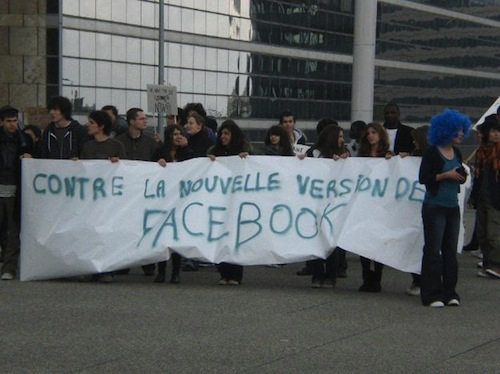I came to Montana from Iowa by way of New York City. Two of those places discourage staring. When I began to think that a larger-than-usual number of strangers in Montana’s restaurants, shops, and passing vehicles were staring at me, I came to the reasonable conclusion: I was insane. Because I am a crazy person, I think people are staring at me when all they want is to eat pancakes with their weird families. As a rule, when you move someplace and develop theories about what people are like there, you are wrong. But then I read this profile of Montana travel author Russell Rowland implying “the stare” is a thing:
Rowland said during one of his favorite interviews, Fallon County farmer Jerry Sikorski invited him to smell his soil. Others, mostly people in tiny eastern Montana towns, gave him “the stare.”
“Those who encounter ‘the stare’ should not panic,” Rowland wrote. “Although at first glance, the stare suggests that you might want to turn around and go back to your car, the explanation is pretty simple. The stare comes from seeing the same 25 or 30 people day after day for the past five or 10 years.”
That was my explanation, too: as population density goes down, the social acceptability of eyeballing me in the laundromat goes up. But this explanation boils down to “they’re staring because they’re rubes.” I don’t want to think that.




